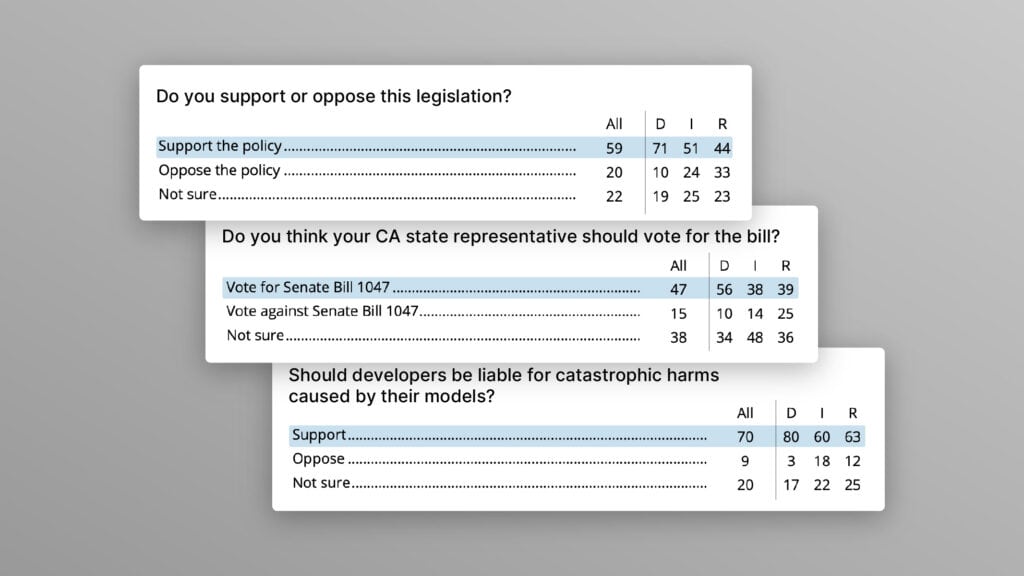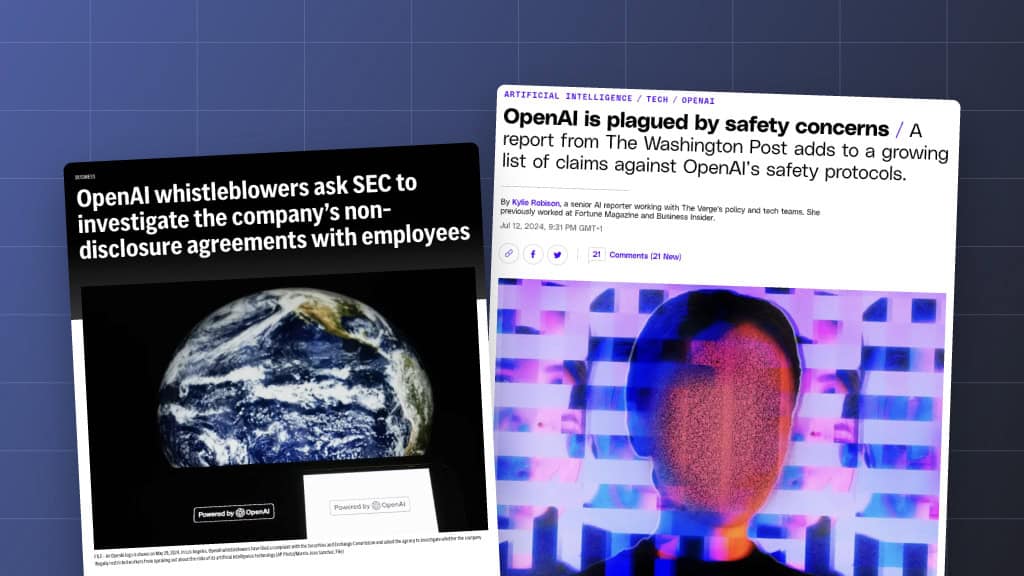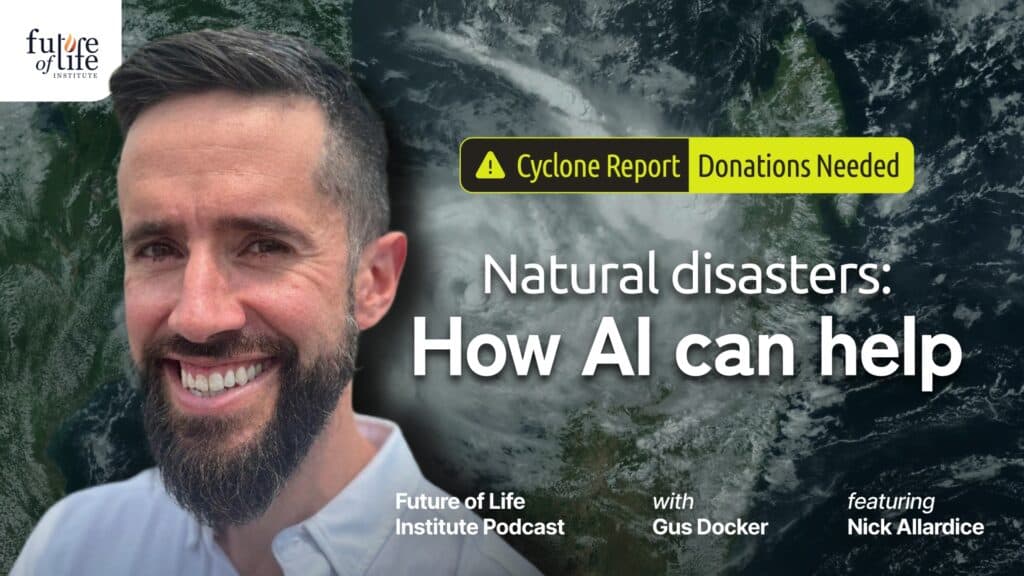Research and Communication to Help Avert Global Environmental Catastrophe

Contents
Actions may speak louder than words, but research and communication are critical to helping people understand what actions they can take to help stem some of the increasing climate risks. This week, three opportunities from three very different groups have appeared on our environmental radar, and they’re opportunities that most of our readership can and should try to take advantage of.
First is this new postdoctoral research opportunity at CSER. Dr. Seán Ó hÉigeartaigh describes it here:
“Having been pleased to see EA orgs like GWWC are continuing to do analysis of climate change and environmental risks, I thought I’d mention that we at CSER are working to set up research strands in environmental risks. We are excited to announce that CSER is hiring for a postdoc to work in the area of major ecological risks. Interested in the complex nature of ecological tipping points, and how they might result in catastrophic impacts? Extreme risks associated with escalating sea level rise? How climate change might threaten global food security? Or the risks and flow-on effects that climate change poses for (perhaps unidentified) keystone species?
We’re looking to hire a brilliant person who will bring their ideas to us; however, we have a particular interest in potentially catastrophic impacts resulting from the interplay between emerging ecological risks (and other factors e.g. sociopolitical) of different developments of concern in the environmental domain, such as the ideas above, as these reflect challenges identified by our advisers as being complex and poorly understood. There will also be a strong emphasis on translation of research into policy impacts, using the networks of CSER and its collaborators.
This first hire is likely to seed a broader programme in this space for us, in collaboration with a range of partners in Cambridge. Relevant disciplines might include: biology, ecology, conservation, mathematical modelling, planetary science, anthropology, psychology, human geography, decision and policy sciences.Please share the word as widely as possible! As Huw’s and my own networks are not primarily in environmental and climate risk, we are very grateful for the help of our colleagues and friends in reaching the right networks. For queries, please contact admin@cser.org.”
We encourage all qualified individuals who are interested in existential risk and climate change to apply.
We also recently received word of an essay competition hosted by FHI, which asks the question: “How could we feed everyone in the event that we experience a global crises in which there is a sudden reduction in agriculture?” There are multiple categories for which one can consider this question, and each category winner will receive $500. The overall, grand-prize winner for all of the categories will receive $2000. But write fast: this competition ends on April 30.
If you prefer fiction to nonfiction, there’s still a writing opportunity for you (though with a much tighter deadline than the essay). Sapiens Plurum is hosting an Earth Day Short Fiction Contest, for which contestants will submit a short story about how we can stem climate change and improve our environmental future. For this you need to write very fast: the deadline for submissions is this Friday, April 22. This competition offers three cash prizes, with a first place prize of $1000, so rushing to write a story might pay off in the end.
Whether you’d rather focus on research, writing, or both, there are plenty of opportunities to take action. Good luck!
About the Future of Life Institute
The Future of Life Institute (FLI) is a global think tank with a team of 20+ full-time staff operating across the US and Europe. FLI has been working to steer the development of transformative technologies towards benefitting life and away from extreme large-scale risks since its founding in 2014. Find out more about our mission or explore our work.
Related content
Other posts about Climate & Environment, Recent News

The U.S. Public Wants Regulation (or Prohibition) of Expert‑Level and Superhuman AI

Poll Shows Broad Popularity of CA SB1047 to Regulate AI


